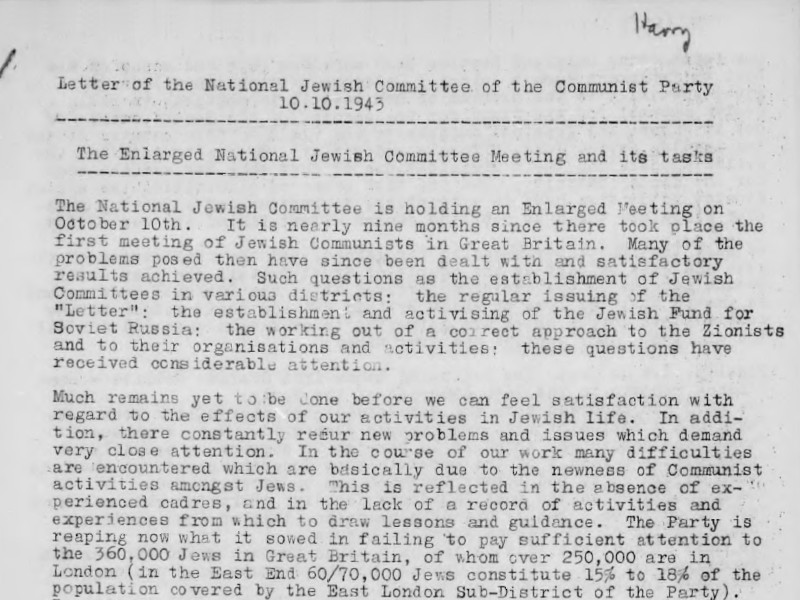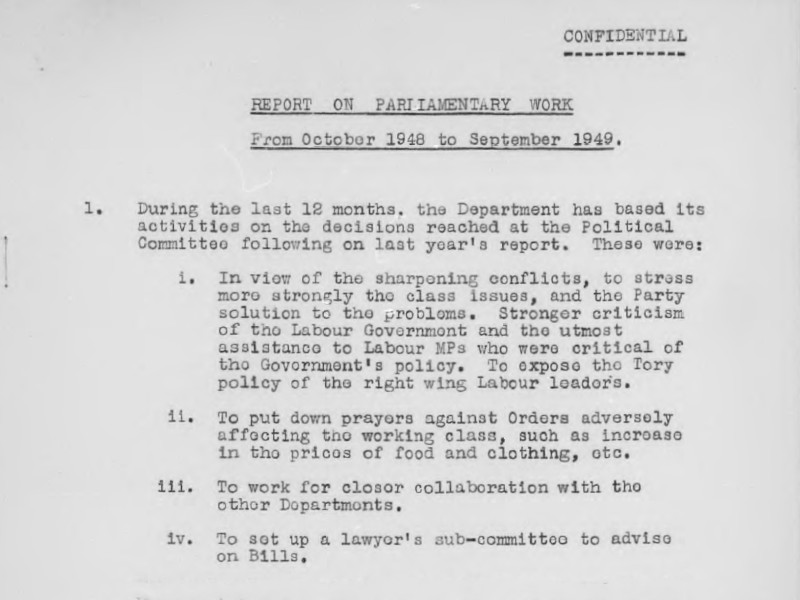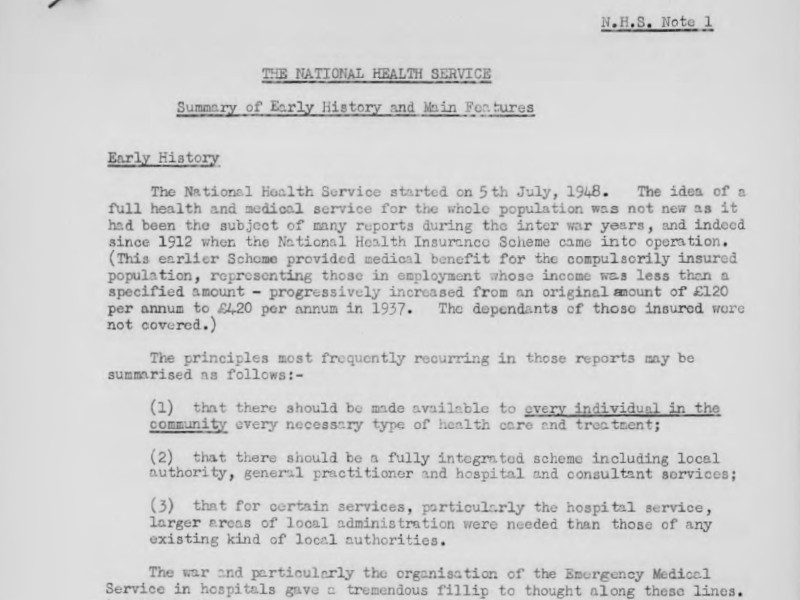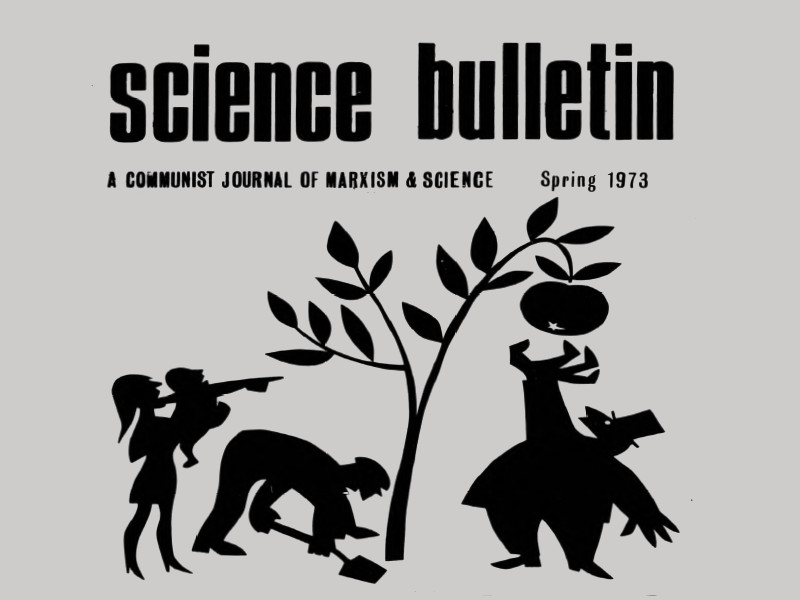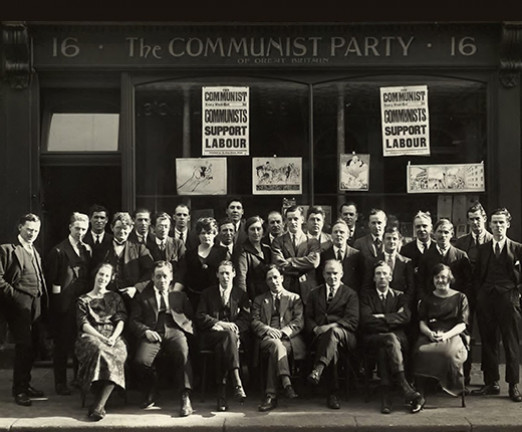
British Communism through Committee Work, 1926–1992

Papers of miscellaneous Communist Party of Great Britain sub-committees
The Tory Government has demonstrated what it thinks about the need to fight against the menace of racialism and discrimination by introducing the Immigration Bill which quite blatantly treats black people worse than white and which will make race relations in Britain increasingly difficult.'Unite against racialism' pamphlet
Access the full collection
Access the full archive of British Communism through Committee Work, 1926–1992.
Institutional Free Trial
Start your free trialRegister for a free 30-day trial of British Communism through Committee Work, 1926–1992, for your institution.
Institutional Sales
Visit Sales PagesellFor more information on institutional access, visit our sales page.
Already have a license? Sign in.
Study communist perspectives on immigration, health, parliamentary politics, and science
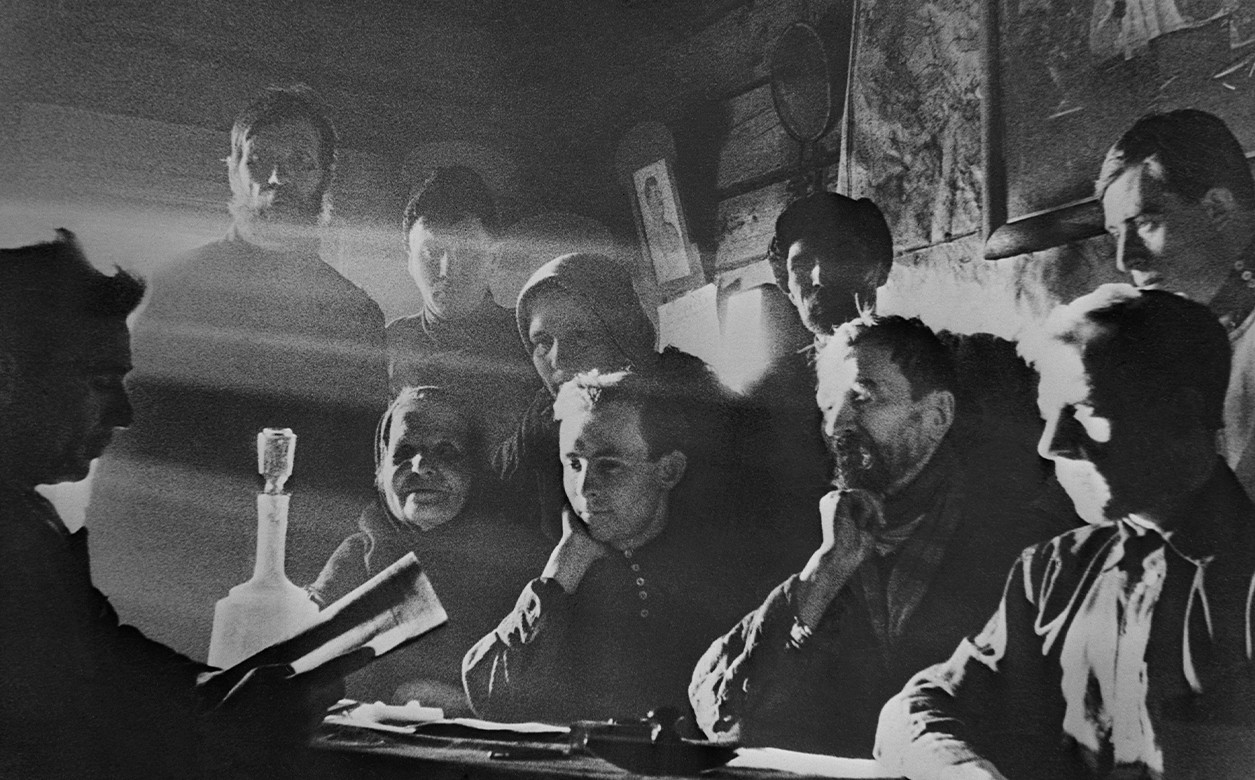
The Communist Party of Great Britain (CPGB) spawned many different committees throughout its turbulent lifetime. This collection contains the papers of numerous different committees established to advise the Executive Committee on party policy and ongoing developments in their respective fields. The material is varied in scope and demonstrates the totality of the CPGB’s ambitions in developing policy for their political programme.
The collection includes material from the following committees and departments; the Parliamentary Department; the Unemployment Committee; the Health Advisory Committee; the Jewish Committee; the West Indies Committee; the Science and Technology Sub-Committee; as well as many more.
The collection is accompanied by three contextual essays written by Professor Kevin Morgan.
Contents
British Communism through Committee Work, 1926–1992...
Papers of miscellaneous Communist Party of Great Britain sub-committees
Discover
Highlights
Insights
- Much of the collection material is derived from specialised committees of the Communist Party of Great Britain (CPGB). These bodies were established to research specific topics and advise the ruling Executive Committee on the CPGB’s policy positions.
- A large section of the material comes from the Health Advisory Committee and its related publications. As such, the collection offers an extensive look into not only the establishment of the National Health Service, but also how the service changed through the years of Thatcherism.
- The Parliamentary Department contains files from the CPGB’s most influential period, with membership peaking at 60,000 in 1942 and two communist MPs being present in parliament. Files from this department show how the CPGB sought to use its parliamentary power to champion certain causes.
- Documents from the Race Relations Committee and West Indies Committee examine the implications of British colonialism and mass migration in the post-war period.
- Material from various Jewish committees examines the sufferings of Jewish people during and beyond the Second World War, as well as wrestling with the contentious issue of antisemitism in the USSR.
Unlock Historical Research for Your Institution
Provide your students and researchers with direct access to unique primary sources.
Related Media


The Departments of the Communist Party of Great Britain: A Detailed Guide Contextual Essays

